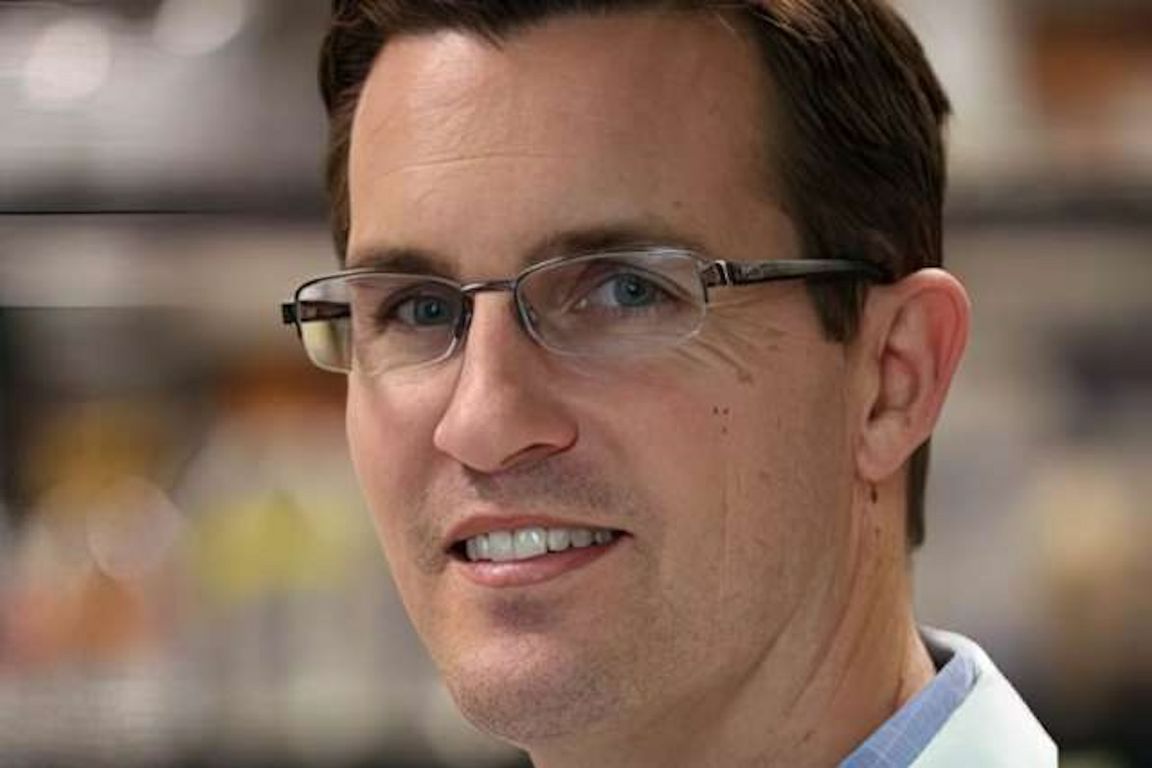The federal government has suspended approximately $584 million in research grants to the University of California, Los Angeles (UCLA), leading to significant disruptions in ongoing projects. This decision, announced on August 9, 2023, has impacted around 800 research initiatives spanning various fields, including medicine and engineering, crucial for advancing human knowledge and improving societal well-being.
Dr. David Shackelford, a professor at the David Geffen School of Medicine at UCLA, expressed deep concern over the implications of this funding freeze during an interview with CNN. He stated, “This freeze — these levees at this magnitude — is and will be absolutely devastating to our research community and to biomedical research.” The suspension has effectively halted vital projects, including those related to cancer research that have immediate implications for patients.
Shackelford emphasized the gravity of the situation, stating, “Our research has effectively been frozen.” He underscored the role of UCLA’s biomedical research community as an ecosystem that requires decades to develop. “Once you destroy that, it does not come back,” he added. The repercussions of this funding cut extend beyond individual projects; they threaten the broader landscape of biomedical research in the United States.
The United States has long been recognized as a leader in biomedical research, with institutions like UCLA playing a pivotal role in advancing medical science and technology. Dr. Shackelford remarked, “The U.S. is a world leader — if not the world leader — in biomedical research, and we need to preserve that and treat it as a national treasure.” This perspective highlights the potential long-term consequences of the funding freeze, not just for UCLA, but for the entire research community.
The suspension of these grants raises critical questions about the future of scientific research and the potential setbacks in the fight against diseases, particularly cancer. As projects remain stalled, researchers fear that the progress made over the years may be jeopardized, affecting not only academic advancements but also the lives of patients who rely on ongoing research for new treatments and therapies.
As the situation develops, the focus remains on finding a resolution that will restore funding and allow researchers at UCLA and similar institutions to continue their essential work. The funding freeze serves as a stark reminder of the delicate balance between governmental support and scientific progress, emphasizing the need for ongoing advocacy for research funding.





































































